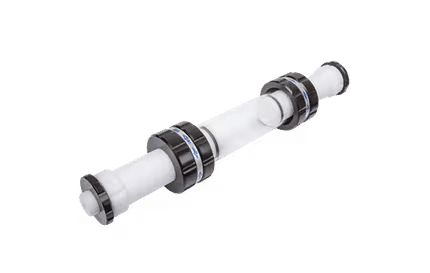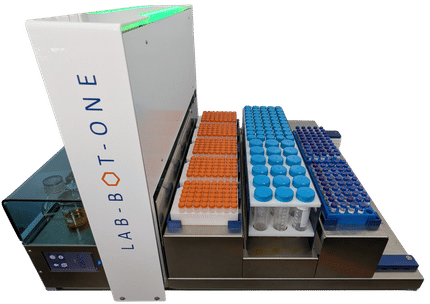To use all functions of this page, please activate cookies in your browser.
my.bionity.com
With an accout for my.bionity.com you can always see everything at a glance – and you can configure your own website and individual newsletter.
- My watch list
- My saved searches
- My saved topics
- My newsletter
FalcarinolFalcarinol (1,9-heptadecadiene-4,6-diyn-3-ol) is a natural pesticide and fatty alcohol found in carrots and red ginseng (Panax ginseng), which protects them from fungal diseases, such as liquorice rot that causes black spots on the roots during storage. Falcarinol is a polyyne with two carbon carbon triple bonds and two double bonds.[1] At higher concentrations like in ivy, falcarinol is capable to induce a allergic reaction (contact dermatitis).[2] Product highlightFalcarinol is thought to reduce the risk of developing cancer, as a research team from the University of Newcastle upon Tyne found in February 2005.[3] See the BBC article: Carrots may help ward off cancer References
Categories: Plant toxins | Fungicides |
| This article is licensed under the GNU Free Documentation License. It uses material from the Wikipedia article "Falcarinol". A list of authors is available in Wikipedia. |







